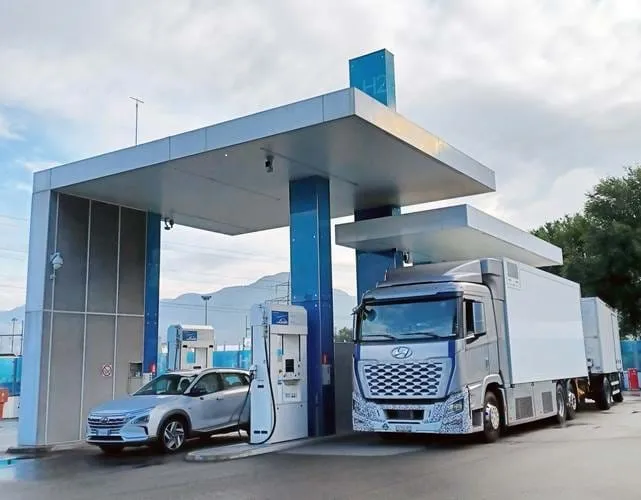Poor quality of cycle lanes are the most likely cause of bicycle accidents in Sweden, a report by insurance company Folksam claims. Some 70 per cent of all bicycle accidents which cause serious injuries involved only the cyclist and were caused by poor maintenance of the lanes, gravel or snow. Around 20 per cent of the accidents involved a car or other four-wheeled vehicles, while 10 per cent involved a moped, another bicycle or a pedestrian.
May 4, 2012
Read time: 1 min
Poor quality of cycle lanes are the most likely cause of bicycle accidents in Sweden, a report by insurance company 5440 Folksam claims. Some 70 per cent of all bicycle accidents which cause serious injuries involved only the cyclist and were caused by poor maintenance of the lanes, gravel or snow. Around 20 per cent of the accidents involved a car or other four-wheeled vehicles, while 10 per cent involved a moped, another bicycle or a pedestrian.
Maria Krafft, manager for Folksam's traffic research, said that municipalities would have to establish a strategy to improve the traffic safety for cyclists in the same way as for cars.
Maria Krafft, manager for Folksam's traffic research, said that municipalities would have to establish a strategy to improve the traffic safety for cyclists in the same way as for cars.










